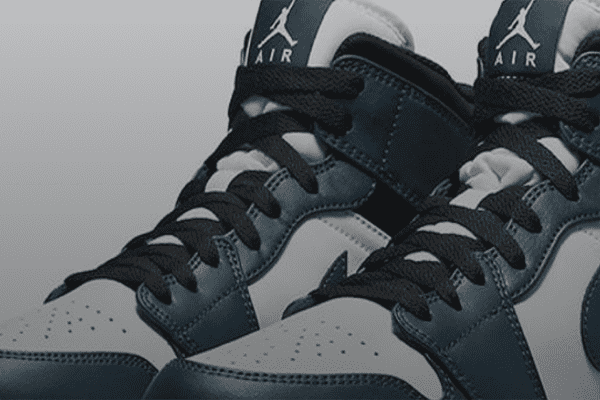Some 16% of sneakers sold online worldwide are fake, with Jordan and Yeezy branded styles some of the most counterfeited items online, despite overall rates of fakes remaining static between 2021 and 2022.
The data comes from product verification and identification technology company Entrupy in its the “State of the Fake 2022,” – a report that provides unique insights into the murky world of counterfeit products and how the company and industry overall are working to combat it.
While more than doubling the volume of authentications from 2020 to 2021, Entrupy found the rate of unidentified items to be fairly static, with 8.2% in 2020 against 8.3 in 2021. For sneakers, the rate of unidentified items found since Entrupy began authentications in 2021 is approximately 16%.
Entrupy believes the large category difference is partially driven by the relative ease with which counterfeiters can create sneakers of high enough quality to require advanced, technology-driven verification versus luxury goods, which are much more difficult and costly to produce.
The average unidentified rates for Jordan and Yeezy branded styles were 15.9% and 15.6% respectively, says the report. While Yeezy resale prices don’t exceed retail to the same extent as Jordans’, counterfeiters are motivated by a lower cost to manufacture which allows for higher profit margins. With the end of the collaboration, there is a potential for a surge in counterfeits as the increase in perceived rarity and decrease in points of purchase create higher demand – and higher resale prices.
Higher than average unidentified rates were found in Italy (21%), Philippines (20%) and Vietnam (15%). The report says that, as home to the majority of supported brands, Italy has a robust counterfeit trade and, despite law enforcement crackdowns and high fines, open air sales of fake products continue in high-tourism areas.
For Vietnam and Philippines, the elevated incidences could be connected to their proximity to production centres in China.
The study does however highlight how the once murky world of marketplaces, once a hot bed of counterfeits, has seen huge improvements. Unidentified rates for products sold through consumer-to-consumer (C2C) marketplaces, previously the platform with the greatest risk of encountering a counterfeit, decreased significantly from 10.8% in 2019 to just 5.5% in 2021.
Entrupy believes this significant drop is a sign that anti-counterfeiting measures put in place by these marketplaces are successfully keeping fake products off of their platforms.
Looking at resales
In this year’s edition of the report, Entrupy also looked beyond counterfeits and at identification for resale, providing what it says is an unbiased observation on trends in the rapidly growing pre-loved ecosystem, while also offering objective suggestions on ways the industry can move forward to reach its full potential.
Here it found that Louis Vuitton was once again the most popular brand in the resale market – accounting for 34% of items authenticated by Entrupy’s customers. The iconic Neverfull tote bag in the brand’s signature Monogram canvas material continued to be the most authenticated style.
Goyard was the most counterfeited brand with more than 21% being adjudicated as unidentified.
This, Entrupy posits, is down to a limited number of points of sale combined with an intentionally small supply for authentic Goyard items driving people without access to the real items will turn to counterfeits to sate their desires.
“Entrupy’s position as an impartial provider of truth to some of the largest players in the resale ecosystem enables us to uniquely offer observations about the current realities of the manufacture and sale of counterfeit products,” comments Vidyuth Srinivasan, CEO and Co-founder of Entrupy. “Our goal with this report is to inform. By providing objective, data-backed insights along with cultivated research from reputable sources, we aim to help stakeholders better understand some of the trust issues impacting the industry and how, by working together, we can reduce the risks and increase confidence needed to grow the entire resale ecosystem.”









